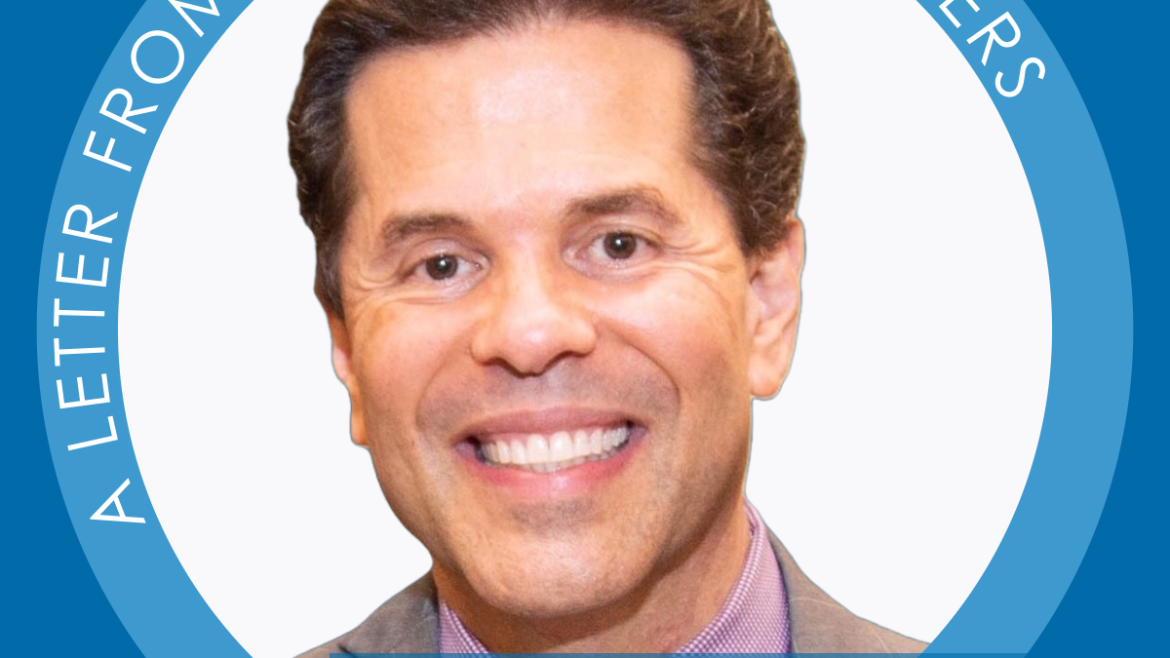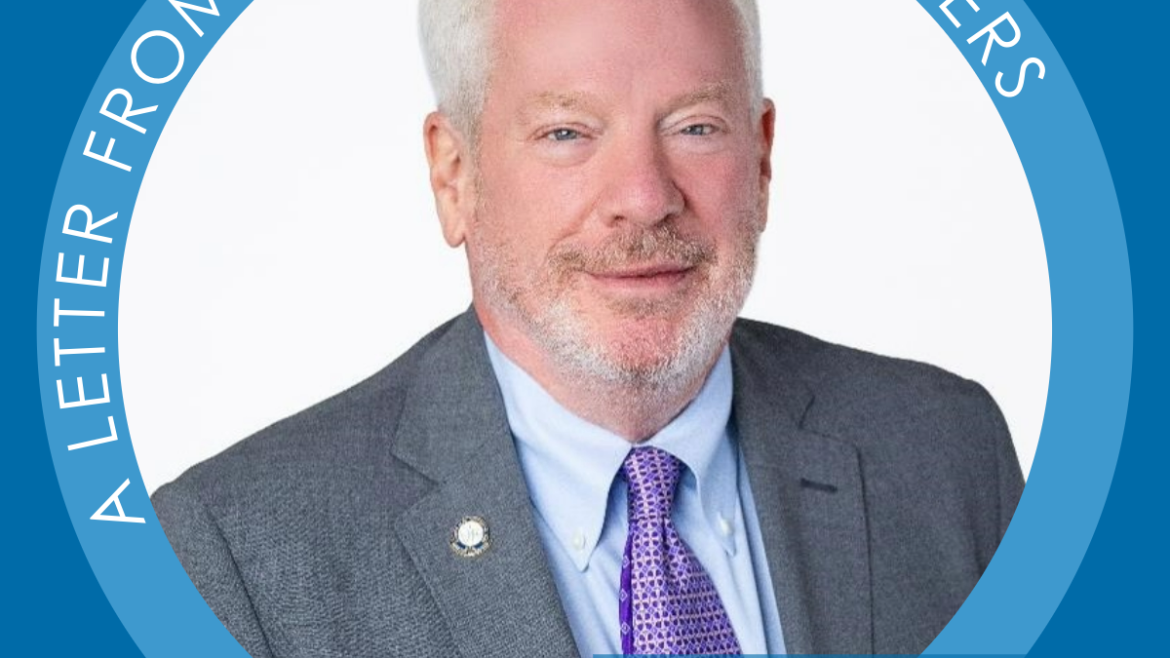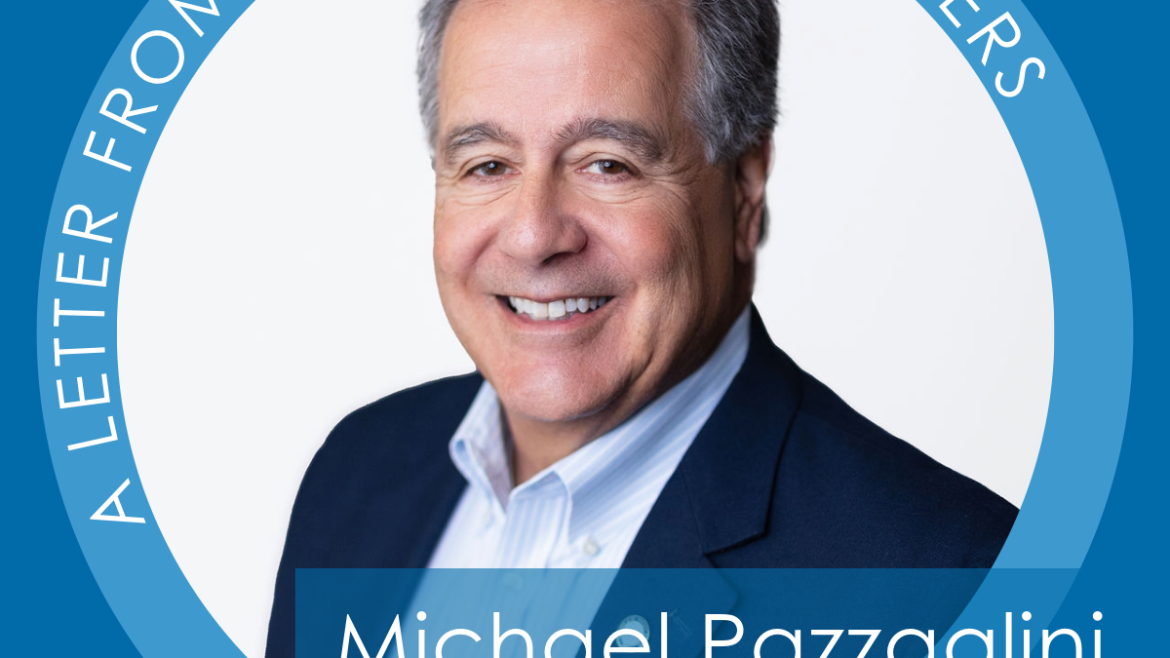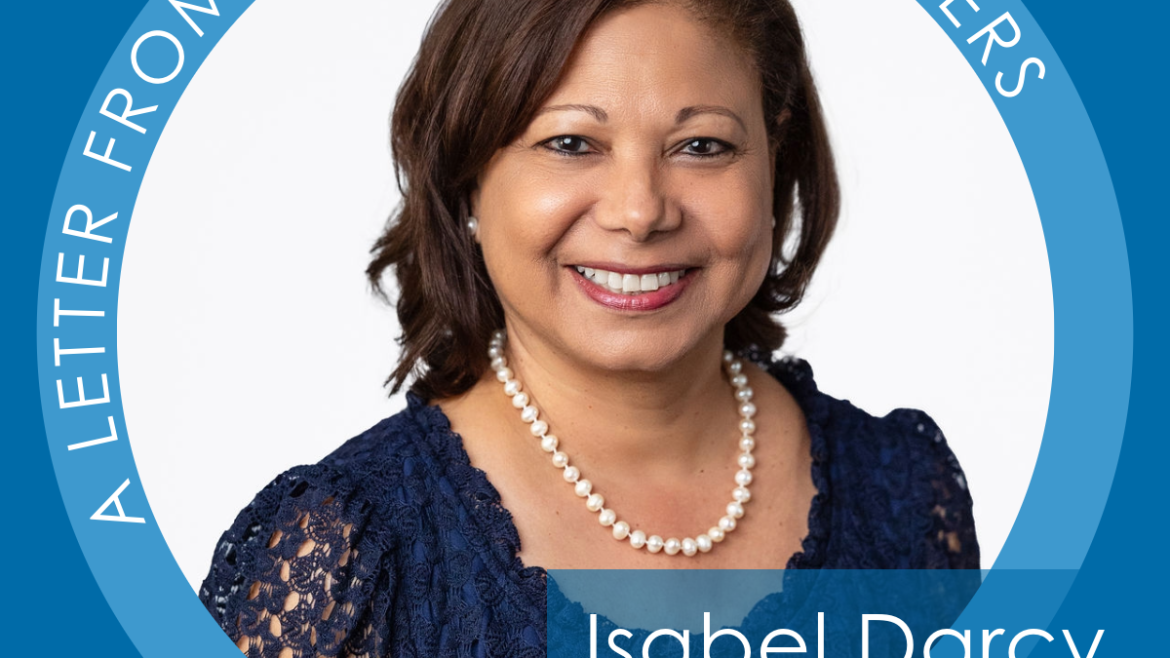My dear Vincentian Brothers and Sisters,
As we enter this sacred season of Advent and prepare our hearts for the coming of Christ, we are reminded that this is a time of joy, love, and celebration. Yet, for many among us, the holiday season can also be a time of profound difficulty and pain. It is a season that magnifies the joy of the lights and the gifts in the eyes of little children, but it also magnifies the burdens of poverty, loneliness, and sickness in those who suffer. As followers of Christ, we are called to recognize those who struggle and to respond with compassion, love, and action.
The holiday season, marked by abundance and generosity for many, often highlights the stark contrast of scarcity for the poor. The material demands of this time — gifts, decorations, festive meals — can become a source of stress and sorrow for those who can barely make ends meet and provide the essentials for their families. As Proverbs reminds us, “Whoever oppresses a poor man insults his Maker, but he who is generous to the needy honors him” (Proverbs 14:31). The poor are not forgotten by God, and neither should they be forgotten by us.
Jesus came into the world in poverty, born in a humble stable, laid in a manger because there was no room for His family in the inn. His very birth teaches us that God identifies with the lowly and the marginalized. In Matthew 25:40, Jesus says, “Whatever you did for one of the least of these brothers and sisters of mine, you did for me.” This is our mandate: to see Christ in the poor and to extend to them the love and care that we would offer to Christ Himself.
For those who are lonely, the holiday season can be particularly painful. This is a time when families gather, friends reconnect, and communities celebrate together. But for those who are isolated — whether through the loss of loved ones, estrangement, or circumstances beyond their control — this season can deepen their sense of separation and despair.
In Psalm 68:7, we read that “God sets the lonely in families; he leads out the prisoners with singing.” God’s heart is for the lonely, and as His hands and feet on earth, we are called to reach out to those who are alone. A visit, a phone call, an invitation to join in a meal or celebration can transform someone’s holiday experience. These small acts of kindness remind them — and us — that they are not forgotten, that they are loved.
For those who are sick, the holiday season can be a reminder of what they cannot do or participate in. While others celebrate, they may be confined to hospital rooms or homebound by illness. The physical and emotional toll of sickness can feel even heavier in a season meant to bring joy.
Jesus was a healer, both of bodies and souls. He was moved with compassion for the sick, as seen in Matthew 14:14: “When Jesus landed and saw a large crowd, he had compassion on them and healed their sick.” While we may not have the power to heal as Jesus did, we do have the power to bring comfort. A visit, a prayer, or simply sitting with someone in their suffering are a profound expression of God’s love.
During this season, it is easy to focus solely on monetary giving. Financial contributions are essential and deeply appreciated. But as followers of Christ, we are called to go beyond writing a check or dropping off a bag of food. We are called to personal encounters with those in need.
In the parable of the Good Samaritan (Luke 10:25-37), Jesus emphasizes that love for our neighbor is not abstract; it is active and personal. The Samaritan did not merely feel pity; he stopped, bandaged wounds, and provided care. He entered into the suffering of the injured man. This is the kind of love we are called to show, especially during this holy season.
There is a transformative power in giving ourselves — our time, our attention, our presence. In Acts 20:35, Paul reminds us of Jesus’ words: “It is more blessed to give than to receive.” When we take the time to truly see and serve those in need, we are blessed in return. We find Christ in these encounters, and our hearts are enriched by the love we share.
Let us not forget that Jesus Himself modeled this for us. He dined with sinners, touched lepers, and spoke with outcasts. His ministry was one of personal connection and compassion. As we celebrate His birth, let us imitate His example.
How then can we respond to the needs of the poor, the lonely, and the sick this season? First, we can pray for God to open our eyes to those in need around us. Second, we can take action. Visit someone who is homebound. Volunteer at a shelter. Invite a neighbor to share in your holiday meal. Offer a word of encouragement to a struggling parent or a grieving friend. These acts of love are the true spirit of Christmas.
As we await the coming of Christ, let’s remember that He comes to us in the guise of the poor, the lonely, and the sick. When we serve them, we serve Him. May we be His light in this dark world, His hands to the weary, and His heart to the broken. And may we find joy, not just in receiving, but in giving ourselves to others. Not just in the holiday season, but always.
Peace and God’s blessings,
John
John Berry
National President






